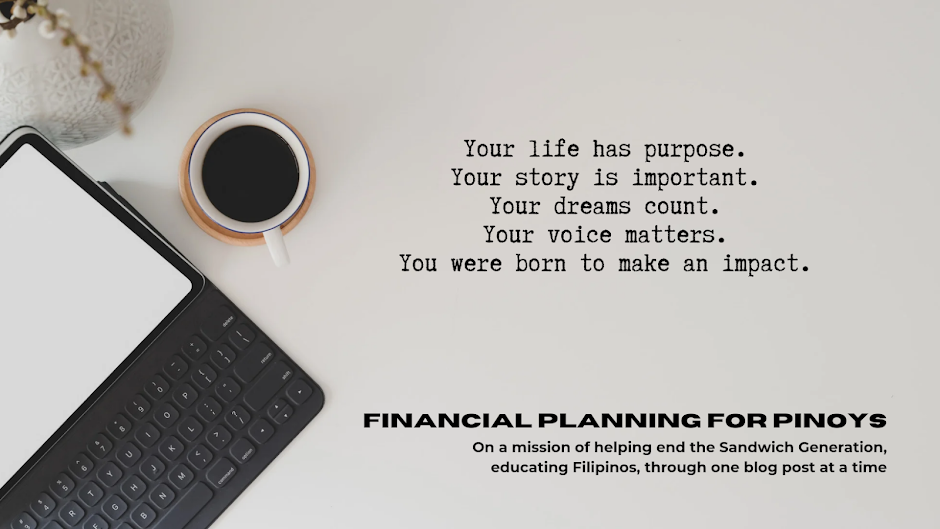 |
| http://www.flickr.com/photos/24742305@N00/5588594181 |
Today I made a status post on my personal Facebook account stating this: "Rule of thumb: Never borrow money to buy deteriorating stuff."
Aside from the few likes, it drew attention to a friend who I have known as a financial advisor for almost a decade. (Read: expert/wiser/more knowleadgeable than I am). He asks, "What about a house?"
Since I cannot put a full article on the space provided for comments, here is my point of view regarding his query.
Is Loaning for a House a Wise Thing to do?
I have a workmate who loaned Php1M to buy a house three years ago. (Yes, properties come cheap here in the province.) His monthly amortization is Php16,000 a month for 10 years. So, his original Php1M loan becomes Php1.92M in 10 years. It almost doubles! Aside from the high interest rate, he pays for the maintenance over time (yes, a house deteriorates) and he also pays for property tax every year.
So, obviously, loaning for a house in this example is not a wise thing to do.
I know many of you will react and say that a house is an asset because it appreciates over time. Yes, the value of a house appreciates, but over a VERY LONG period of time. In the example above, do u think the house that costs Php1M now will be saleable at Php2M at least (means Php2M amount paid plus maintenance cost plus yearly property tax) after 10 years? I doubt it.
To make things simple and more logical, whenever you plan to borrow money to purchase something, think first if it is a good debt or a bad debt. A good debt is when you buy something that puts money in your pocket. A bad debt is when it takes money out of your pocket. Simple right?
When you loan a house that not only takes money out of your pocket due to monthly amortizations, and puts nothing into your pocket, then it is a bad debt. Therefore, it is a liability.
When Does a Housing Loan Become a Good Debt?
As my mentor says, a housing loan becomes a good debt when you use it for real estate making it generate cashflow.
One clear example of this is using other people's money and applying the powerful law of leverage to purchase a foreclosed property. These properties are usually priced 40% lower than their market value. You spend a little (remember you got it at a discounted price) on renovation and then sell it at a higher price as rent-to-own. Your buyer's monthly amortization becomes bigger than yours so this is cashflow for you every month. And since it is on a rent-to-own scheme, he also pays for the maintenance.
Simplify.
Simplification should also be applied. Whether its a house or food or clothing, buy or borrow only for what you need. In addition, as my friend said answering his own question, "If it is for security, then do borrow but make sure that the amortization never goes beyond 50% of your salary or income."
What is your view on this? Share it in the comments below.

